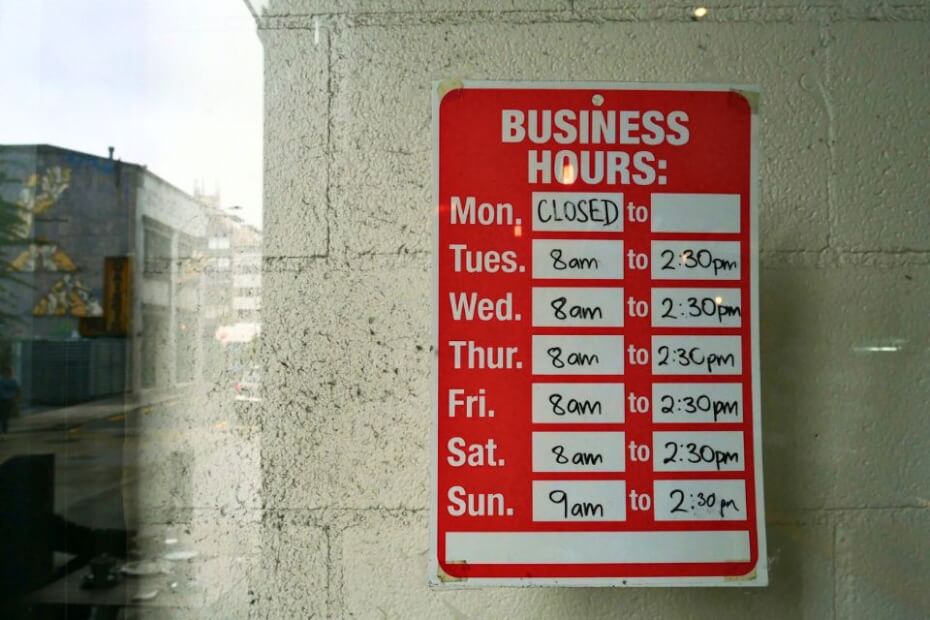
The United Kingdom (UK) Home Office has introduced key updates to its sponsor license rules, which will affect businesses that hire overseas workers.
The changes aim to improve compliance, protect workers’ rights, and streamline the sponsorship process.
Understanding these updates is essential for businesses applying for or managing a sponsor license.
Additionally, the Home Office has streamlined sponsor license priority services.
This aims to make sponsor license application processing and administrative changes faster and more efficient for businesses.
3 key updates to the UK sponsor license rules
The changes in 2025 focus on clarity, fairness, and stricter compliance for sponsor license holders.
Restricting sponsorships to business-related roles
A previous update stated that individuals are not eligible to be sponsors unless they are sole traders who plan to sponsor someone to work in their business.
A significant clarification to the update on Workers and Temporary Workers Sponsor sponsor license guidance.
Beginning this year, sponsor licenses can no longer be used for personal roles that are unrelated to business activities.
This means that individuals or households cannot sponsor workers for private jobs like domestic helpers or other tasks that are not related to business.
The updated guidance states that “Applications for personal capacity sponsorships will be refused as they fall outside the intended scope of the system.”
This ensures that sponsor licenses are reserved for genuine business needs, strengthening the immigration system’s integrity.
Individuals with a sponsor license must not use it for personal sponsorship, or else they risk having their license revoked.
The only exception for personal sponsorship is for private servants in diplomatic households.
In these cases, a diplomatic mission, consular post, or recognized international organization must apply for a sponsorship license via the International Agreement route.
Prohibiting passing costs to workers
Employers are now prohibited from charging sponsored workers for the costs of obtaining a sponsor license or issuing Certificates of Sponsorship (CoS).
Starting in 2025, employers must now cover all expenses for sponsoring overseas workers.
Seema Malhotra, the UK’s Minister for Migration and Citizenship, announced this change in a November 2024 statement.
“This will end the intolerable practice of recovering these costs from workers, which has led to the exploitation and unfair treatment of staff,” she stressed.
The update addresses concerns that workers are left in debt to their employers because of salary deductions for these costs.
The removal of cost-sharing will help protect workers from financial harm and ensure fairer treatment.
The Home Office will first apply this new rule to the Skilled Worker route, with plans to extend it to other sponsored employment routes.

Changes to key personnel requirements
UK businesses must nominate “Key Personnel” to manage their license when applying for a sponsor license.
These changes aim to ensure that Key Personnel are eligible and capable of effectively managing sponsorship responsibilities.
Key Personnel must meet specific criteria to ensure compliance with Home Office rules, including:
Eligibility Restrictions
Key Personnel cannot be individuals banned from being company directors (e.g., due to bankruptcy) unless a court grants permission and their role complies with that permission.
Requirements for Level 1 Users
A Level 1 user is responsible for managing the day-to-day operations of the sponsor license using the Home Office’s sponsorship management system (SMS).
New sponsors must appoint at least one Level 1 User who is an employee, partner, or director within the sponsoring organization and who is legally residing in the UK.
Restrictions on Level 2 Users
Government Authorised Exchange sponsors can no longer appoint Level 2 Users from host employers. These users will not have access to the updated sponsorship system.
2 improvements to sponsor license priority services
Alongside the changes in sponsor license rules, the Home Office has also improved pre-sponsor priority services.
These services aim to offer faster processing of licenses and administrative updates for sponsor license applications.
No more daily caps on fast-track applications
The pre-license priority service offers expedited decisions for businesses applying for a sponsor license. It is no longer limited to 30 applications per day.
Businesses can now submit fast-track applications without competing for a limited number of slots.
This service, which costs £500 in addition to the standard fees, now guarantees a decision within 10 working days instead of the standard eight weeks.
Extended hours for change requests
The priority service for change-of-circumstance requests has extended its operating hours to 7:00 am to 5:00 pm, Monday through Friday.
This service includes processing requests to update business addresses or add new locations.
Previously, these requests could take up to 18 weeks under the standard process.
The priority service now processes changes within five working days, helping businesses adapt to operational shifts more quickly.

Why these sponsor license updates matter
The updates reflect the UK’s commitment to creating an immigration system that is fair, efficient, and supportive of business needs.
They aim to balance the government’s goals of attracting international talent while protecting workers and maintaining system integrity.
For employers, the changes underscore the importance of compliance.
Non-compliance now carries stricter penalties, including prolonged action plans and the risk of license revocation.
These action plans, which previously lasted three months, can now extend up to a year.
During this period, businesses may face restrictions on hiring new overseas workers.
The longer time frame now allows the Home Office to monitor employers more thoroughly.
Non-compliance with the action plan could result in the revocation of the sponsor license, which could severely impact a business’s operations.
Meanwhile, streamlining priority services has provided businesses with more flexibility and faster decision-making.
By staying informed and compliant, businesses can benefit from the UK’s immigration system while contributing to its fairness and efficiency.

